"Important abilities and qualities of mind are acquired through the study of History. They are particularly valuable for the graduate as citizen and are readily transferable to many occupations and careers."
"The particular characteristics of History as a discipline: Its subject matter, distinguishing it from other humanities and social sciences, consists of the attempts of human beings in the past to organise life materially and conceptually, individually and collectively, while the object of studying these things is to widen students' experience and develop qualities of perception and judgement. History provides a distinctive education by providing a sense of the past, an awareness of the development of differing values, systems and societies and the inculcation of critical yet tolerant personal attitudes."
"History's ability to promote understanding between cultures and between national traditions remains as important as ever."
These extracts from the History Benchmarking Draft Report, 1999 provide some of the guidelines for our teaching and research.
Apart from being extremely enjoyable and enabling students to learn about the past - that is, to understand the past and, through it, come to a far better understanding of the present - history also offers students the opportunity to acquire and improve on many of the key skills which have been identified as a priority for Higher Education after consultation with employers.
Each of the courses we offer has a separate description of its content and the way it is taught and examined. Each is distinctive and seeks to cover different yet complementary areas of history and chronological periods. Some also place particular stress on certain skills.
Enjoy your learning!
The ideal graduate has recently been defined as someone who is adaptive, responsible and reflective, as well as having high level analytical and problem solving skills. A number of key skills have been identified which have both intrinsic value and are regarded by employers as vital for the workplace.
- Communication ( verbal and written)
- Analytical skills
- The use of management information technology
- Learning to learn; improving one's own learning and performance; working with others
- Numeracy/ application of numbers
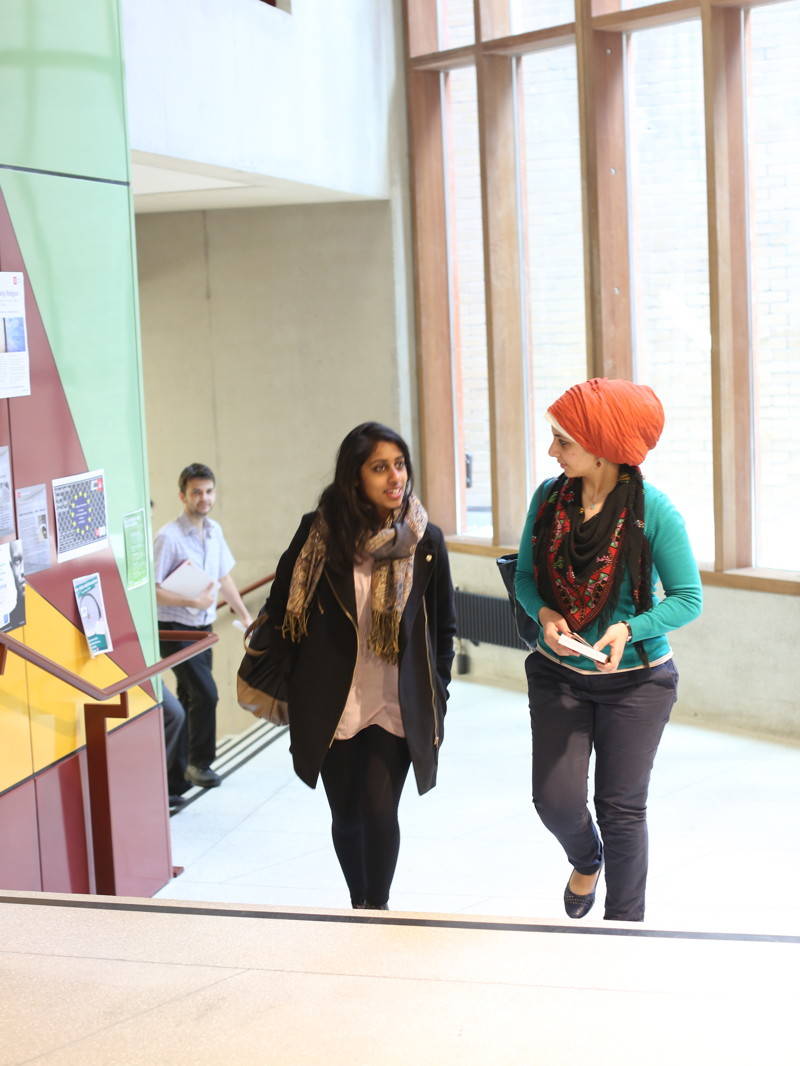
History places particular stress on the development of independent thought and analytical skills, and requires excellent communication skills, namely high levels of literacy and oral presentation. Consequently, students following history courses will be expected to do a great deal of independent work and independent thinking, as well as a good deal of reading and writing. You have to present the results of research both in independent work and in the context of group discussions. The need to come to terms with unfamiliar periods and areas facilitates reflective and adaptable skills, empathy and imaginative insight within critical and methodological constraints. Learning to understand the sixteenth-century Inquisitor or the Chinese peasant in the Cultural Revolution is not only fascinating in itself, but a complex exercise and nurtures multiple skills, not least enabling you to learn to understand unfamiliar cultures and belief systems. These topics are therefore as relevant in terms of skills as the most recent history of your own country. In making your choices you should bear these factors in mind. For those who come convinced that only Twentieth Century History is relevant, think again!
The history degree as a whole offers various types of courses at different levels and in a wide range of subject areas. You are required to master a variety of courses, in different formats, learning to deal with a wide intellectual and cultural range. Courses vary from general overviews at one extreme, to in-depth primary-source studies at the other. The former encourages understanding of historical process, with its mix of continuity and change; the latter sharpens the analysis of documentary and other material, developing research methods.
We require honours students to cover national as well as international history; political as well as social; early modern as well as contemporary; history of ideas as much as history of events. Each level, each topic, provides specific tasks and stretches the student in a different direction. Collectively, they reinforce each other as nurture the acquisition of complementary skills. History degrees aim to widen the student's experience and develop qualities of perception and judgement, while fostering intellectual independence, sharpness and maturity.
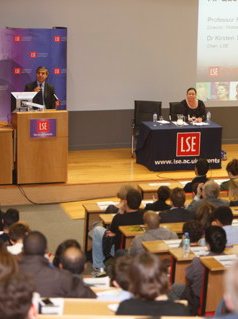
Lectures deal with major themes and historiographical debates. They are not intended to be substitutes for reading or an alternative to the basic textbooks. Lectures are meant to provide both information and analysis; and frequently they provide you with the essential theoretical and analytical framework for the major themes which are to be tackled in class or in essay work. They are always complementary to the class and are not merely a reiteration of the same theme.
In many instances lectures are also used to impart information not easily available - if at all. This may be because material is in languages which the majority of students do not know, or it is visual and audio material not available elsewhere.
Lectures are also very useful in terms of developing skills: taking notes from a live lecture helps discriminate between important and less important details; distill the main ideas from an oral report and rapidly note them down. These are all skills that you will benefit from later in life.
Advisors always proceed on the assumption that students have attended lectures and classes and the exams reflect the breadth provided by these combined methods of teaching.
History in general encourages and develops both conceptual and thematic thinking and requires the results to be expressed coherently and persuasively. Classes and seminars at this level are not passive learning exercises. They are intended to allow you to discuss the reading you have done and to learn from others. Discussing teaching material in small classes of no more than fifteen members will help you to develop vital communication and critical skills. Here you are expected to listen, engage in debate, offer reasoned arguments and learn to sustain or amend your own views in the light of the response of others. Although it does not account for your final mark, you will be graded throughout your career on class performance and employers invariably request comments on this area of a student's performance.
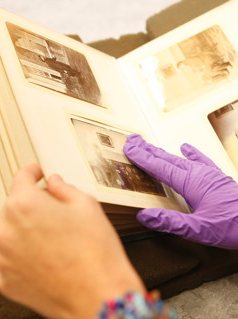
History requires high levels of literacy. Employers too emphasise the need for high levels of proficiency in written work. The ability to persuade through reasoned and clear argument is invaluable in many areas of life. History requires the production of essays and other forms of written work and it both rewards good skills and penalises poor quality work.
Writing essays forces you to practice these technical skills, prompting you to develop greater clarity in structure and expression while also giving you the opportunity to refine your skills at putting forward clear arguments. Demonstrating an understanding of material, conceptual grasp, marshalling an argument, deploying ideas and information, these are the crucial skills to develop. You will get detailed feedback from your teachers both regarding your analytical skills and your standards of presentation and language.
Essays require independent research as well as coherent explanations. You are encouraged to do as much work independently as you can, to read widely and extensively. Having gathered information from various sources you must learn how to organise and assess it, although it will often be contradictory or conflicting. This is why you are encouraged to explore the library's holdings independently and only rarely given specific page references to books or articles. Learning how to identify the main topics for your essay and how to find the relevant information are essential parts of your training.
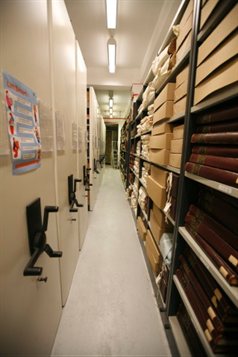
In the final year of undergraduate study for honours history and in the masters programmes you are expected to produce an independent piece of work of c. 10,000 words, based on primary materials. Although we provide considerable support to help you define your subject and initial aid with bibliography etc., as well as guidance on how to tackle an independent project of this length, ultimately it is designed to allow you as much freedom and independence as possible. It is an exercise in setting a task and solving a problem; in formulating questions and providing convincing answers based on sound evidence. While guided by your supervisor, you are expected to work alone for the most part; to show initiative and follow references and lines of enquiry, as well as to produce a substantial, coherent and well-argued piece. Moreover, you will learn how to organise time effectively, to work to your own deadlines as well as the ultimate deadline, and thereby put into practice skills you will already have used under the more protective umbrella of taught courses.
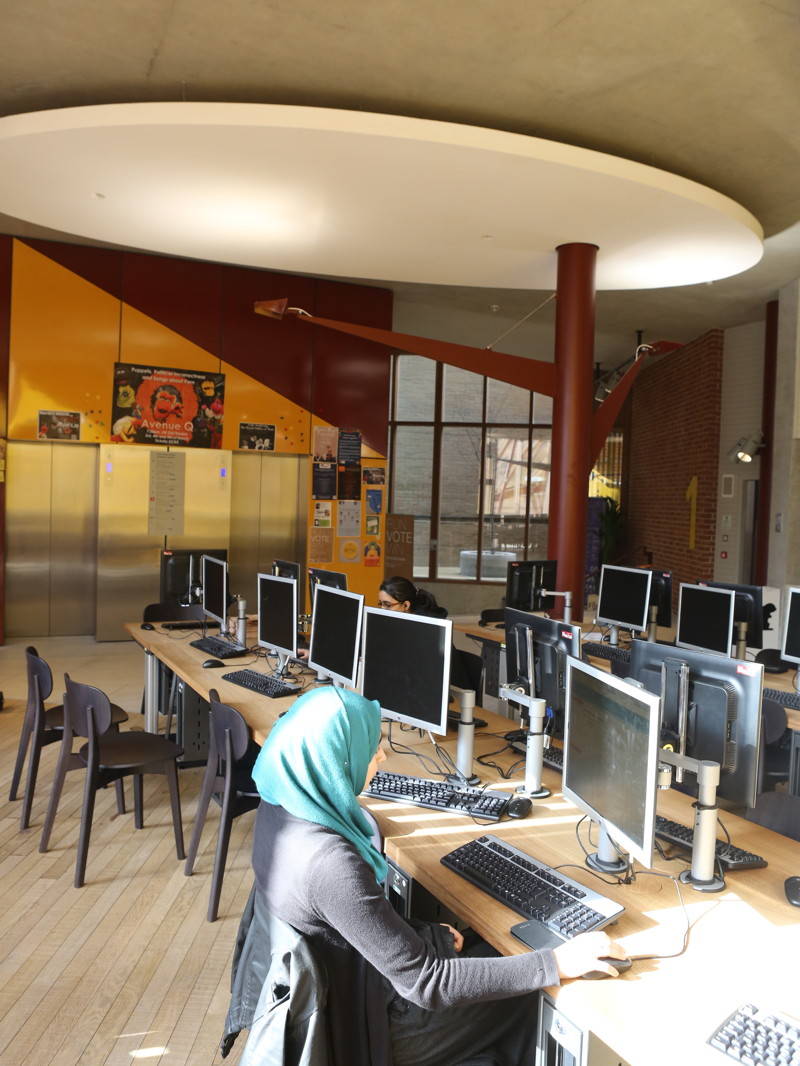
IT - We expect all students to demonstrate familiarity with information technology, notably:
- Basic use of email [we do not issue letters with news or reminders, etc. by post, but expect such communication with students and tutees to be done through email]
- Word-processing of essays, reportsaand bibliographies
- Familiarity with bibliographic databases available on the School's network, not least with the various library catalogues, as well as on-line bibliographies and journals
- Critical use of internet for the gathering of data
- The use of graphics packages and production of visual material if needed to enhance your own presentations in class, or essay and dissertation work.
Working with a variety of sources - We encourage our students to appreciate the value of the more numerate subjects in History. There are many opportunities for you to become familiar with statistics at the School and you will find familiarity with this is a useful source for study, life and work. Courses on statistics are available to students, and there are courses offered by Information Management Technology (IMT) on the use of statistical packages.
Foreign Languages - The learning of languages is an increasingly essential skill for study and work. The LSE Language Centre is a first-rate resource for learning, and we encourage and support our students who want to improve their skills in a foreign language when studying in the International History Department.